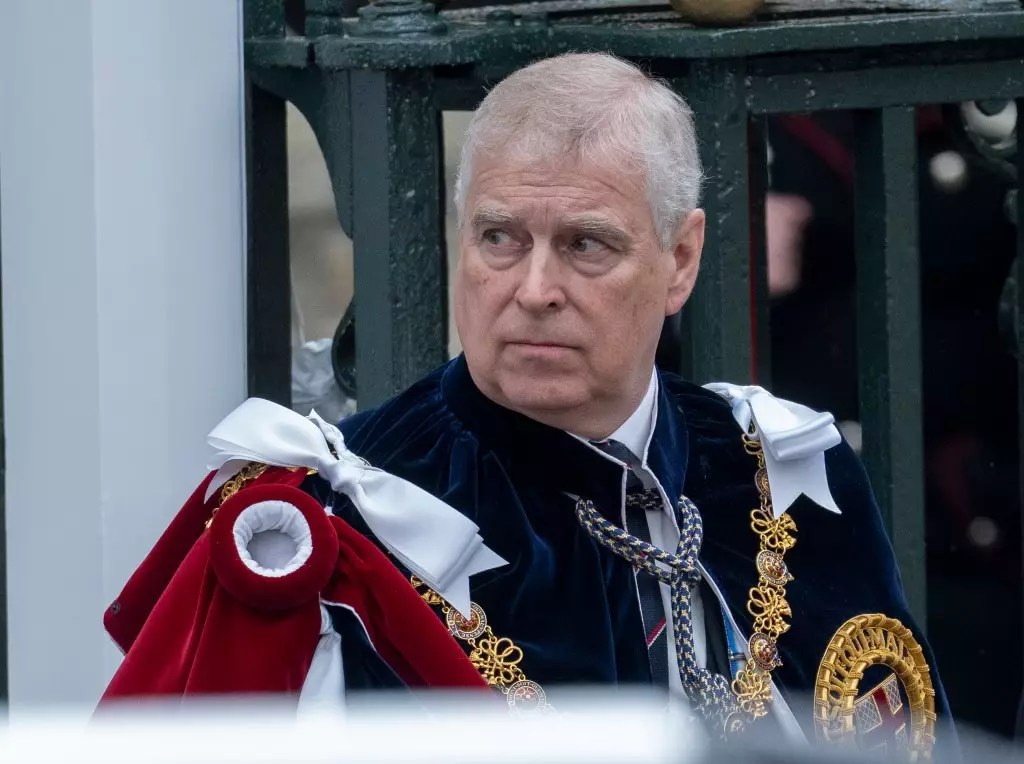The recent disclosure of court documents has cast a new light on the already contentious relationship between Prince Andrew and Jeffrey Epstein. This friendly exchange, which endured longer than the prince publicly acknowledged, raises serious questions about the prince’s integrity and the seriousness with which he claims to have severed ties with the convicted sex offender. The implications of these revelations not only jeopardize Andrew’s standing within the royal family but also reflect the broader issues surrounding accountability and privilege.
In a televised interview with the BBC’s Newsnight in 2019, Prince Andrew famously asserted that he had not been in contact with Epstein since December 2010. This claim was part of his defense in the face of intense scrutiny regarding his association with Epstein, who was widely known for his involvement in sex trafficking and exploitation. However, the recent court documents bear an email dated February 2011, contradicting the prince’s assertions. The email included a jovial message, urging Epstein to stay in touch, exemplifying a blatant hypocrisy and showcasing the discrepancies between Andrew’s public narrative and his private actions.
The fallout from Andrew’s connection with Epstein proved disastrous, highlighting a rivalry between the royal family’s need for public respect and the damaging repercussions of scandalous associations. Queen Elizabeth II, faced with the embarrassment stemming from her son’s continued relationship with Epstein, enforced a step back from public duties for Andrew. This decision was indicative of the monarch’s intent to preserve the monarchy’s reputation and the public’s trust in its members. Scandals of this nature have historically posed a threat to royal credibility, and in this case, Andrew’s choices seemed to jeopardize that longstanding tradition.
The recurring theme surrounding Andrew’s relationship with Epstein underscores the complexities of accountability—especially within royal circles. The contrast between Andrew’s princely title and the serious legal and moral implications surrounding Epstein’s life poses uncomfortable questions about privilege and consequence. While Epstein’s life ended in tragedy after incarceration in 2019, the continuing fallout from his actions resonates strongly, particularly when juxtaposed with Andrew’s apparent inability to acknowledge the gravity of his associations.
In evaluating the renewed scrutiny of Prince Andrew’s ties to Jeffrey Epstein following the recent document disclosures, it is evident that the ramifications of these events will continue to echo. With each revelation, the narrative surrounding Andrew’s sincerity and leadership as a royal figure comes further into question, overshadowed by the specter of Epstein’s legacy. As society grapples with issues of accountability and reform, Andrew’s situation serves as a sobering reminder of the importance of integrity, particularly for those in positions of influence. The monarchy may well have to navigate the lasting impact of this relationship, as it seeks to restore its image and maintain the respect of the public.


Leave a Reply